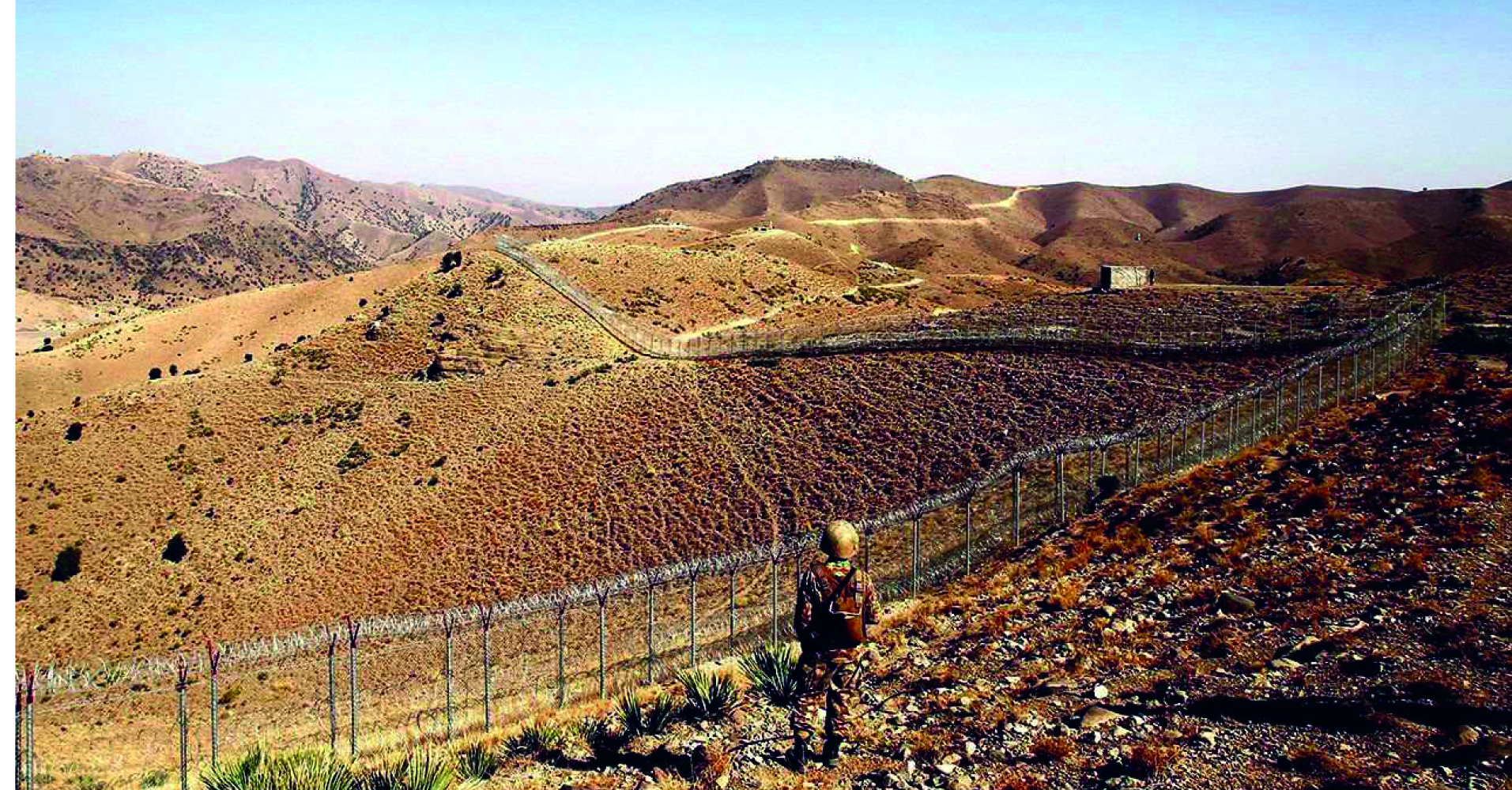MrRajindra
THE security challenges facing the state and society of Pakistan can largely be attributed to the geopolitical location of Pakistan and its ideological basis. Indeed, Pakistan ideally fits into the Pivot State concept, which is based on the Heartland Theory of Sir Halford John Mackinder.
There are two opposing dimensions of the geopolitically pivotal state of Pakistan. On the one hand the geopolitics is a blessing for Pakistan whereas on the other it has become a curse. Unfortunately, Pakistan could not really cash the blessings of its geopolitically pivotal position in its entire history. Rather its sufferance is still continuing on account of it’s geopolitically position.
After Taliban’s takeover of Afghanistan on 15 August 2021, US and India are constantly accusing Pakistan for supporting Taliban; a repeat of old blame game.
This is despite playing a decisive role against the Global War on Terror for the last two decades (2001-2021), where it suffered a loss of over 80,000 human lives and USD 149 billion on economic terms. Despite the sacrifices and sufferings, Pakistan is being criticized and victimized by the U.S.-led Western international community just because of its geopolitical positioning, ideological moorings, declining to accept the U.S. and Indian dictates, and above all, its strong relationship and cooperation with China.
The contemporary security challenges facing Pakistan is an extension of its past security dilemmas, predicaments and causative features as mentioned above. The Global War on Terror was a well-planned strategic offensive that was indirectly launched to target the Pakistani state, society and security institutions.
The desired end result of these strategic planners was to convert Pakistan into a state similar to Iraq, Libya, Syria, or at maximum a client state. This, along with other strategic planning which was to be implemented, have been reversed and defeated by the bold and professional Armed Forces of Pakistan in the last two decades. Such a setback and demeaning blow to the well-planed events was never anticipated by the architects of this strategy.
Failing to attain their strategic objectives, the rival powers are all set to activate elements within Pakistan that can trigger conflicts based on ethnicity, sectarianism, provincialism, sub-nationalism, misconceived religious ideologies like TTP and create social unrest at the domestic level.
Domestically, there are many political forces (religio-political and ethno-political) which can act as an instrument for the foreign spying networks in a bid to achieve their political mileage against the current political set-up.
The external security challenges include the evolving situation in Afghanistan, where the Taliban has taken over the country after two decades of relentless war against foreign forces and an ineffective Kabul regime. Pakistan facilitated the peace agreement signed between U.S. and the Taliban on February 29, 2020.Until the formation of a broad-based government along with the restoration of durable peace and stability in Afghanistan, Pakistan will remain apprehensive with numerous security challenges from its Western frontiers.
Despite promises, Taliban did not form all inclusive government. Moreover, there have been attacks on Pakistani military posts by TTP after Taliban take over which is against the promised Taliban made. For the last two decades, there has been repeated usage of Afghan soil against Pakistan where the NDS-RAW nexus has caused irreparable loss to Pakistan from the perspective of human casualties and economy.
The unsettled dispute of Indian Illegally Occupied Jammu and Kashmir (IIOJ&K) is another constant security challenge for Pakistan. After the illegal and unilateral annexation of IIOJ&K in August 2019 as union territories, the situation in the occupied state has further deteriorated.
There are massive human rights violations and demographic changes being undertaken by occupying Indian forces in IIOJ&K. Prime Minister Imran Khan has highlighted both issues during his virtual address with United Nations General Assembly on September 24, 2021.
The China-Pakistan Economic Corridor (CPEC) is a constant target of India, and also suffers negative view by the United States and other Western allies. Due to the failure to raise any legal query against this gigantic economic project, rival spying agencies of hostile countries have started attacking engineers and labourers working at various sites of CPEC.
Terrorist attack against the Chinese workers in July 2021 at Dasu hydropower project and later an attack on a convoy carrying Chinese officials in Gwadar Port area in August 2021 is a clear indication of foreign terrorism in Pakistan against CPEC and its related projects. What made the difference is the real question of this entire debate on security challenges to Pakistan.
The professionalism, dedication, military experience and expertise, trust on leadership, esprit de corps and able stewardship by the professional leaders made Pakistan military’s outfit as unique, honoured and successful among its peers.
The role of military commanders (operational and field commanders) during this entire War on Terror was more obvious, gallant, decisive and leading from the front. The military leadership demonstrated the highest quality of teamwork, integrity, persistence, bravery, curiosity, innovation, creativity and self-regulation. Taliban’s takeover of Afghanistan may have many other repercussions for the security of Pakistan.
Indeed, the security challenges facing Pakistan today are more serious than before and need an in-depth analysis. In this regard, the government, political forces and state’s institutions of security must have deliberations for formulating a comprehensive national strategy to tackle the emerging security issues.






